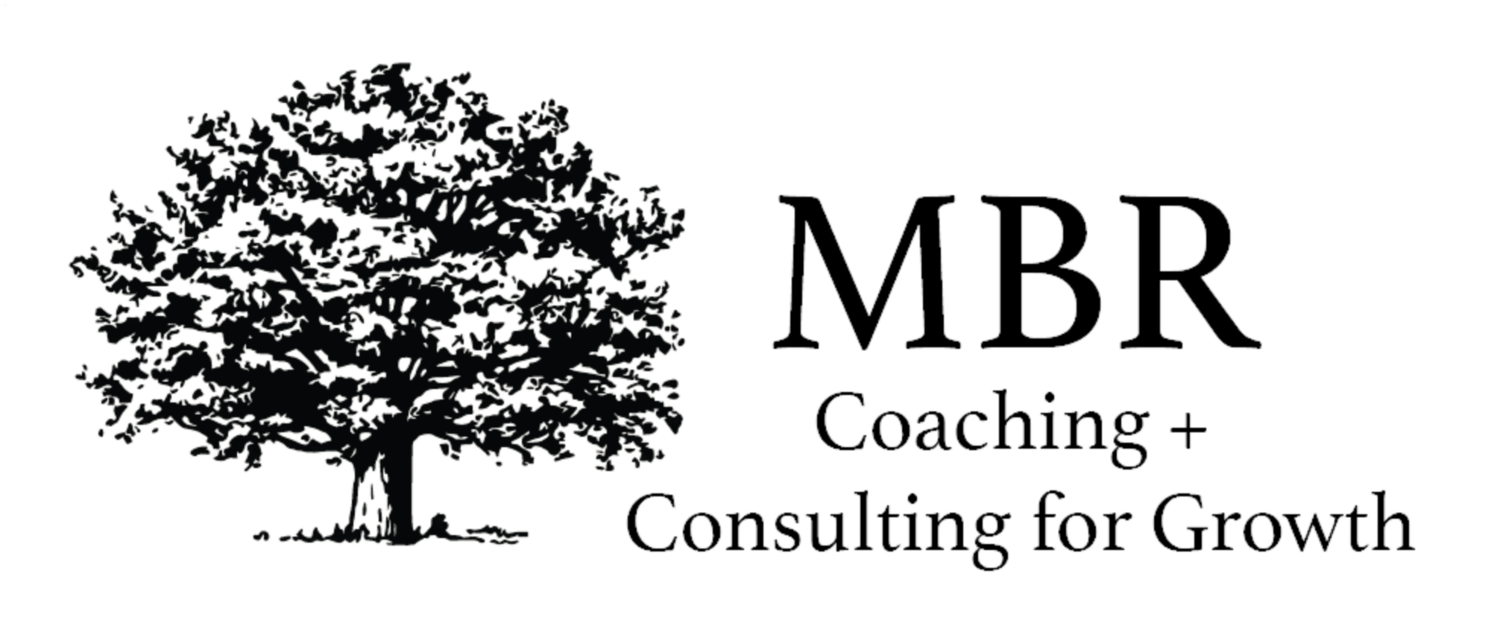“In the beginner’s mind there are many possibilities, but in the expert’s there are few.”
Suzuki, Zen Mind, Beginner’s Mind (2011).
Washington is a world of experts: economists, consultants, lawyers, athletes, artists, and scientists.
And yet, the novel coronavirus has made beginners out of us all. What generated our success pre-corona is not necessarily going to help us succeed post-corona.
What possibilities can we find in these upside down times? Put another way, we’re all beginners now, so how can we leverage this unique opportunity to grow?
World-renowned psychologist Carol Dweck, Ph.D. (Stanford University), coined the term growth mindset in her seminal book, Mindset: the New Psychology of Success (2006). Simply put, a growth mindset is a belief that abilities can be developed. “Everyone can change and grow with application and experience.” With effort, you can train your brain to get smarter, and when you challenge your mind to learn, your brain grows. Your basic qualities can be cultivated through hard work, mentoring and perseverance.
”The passion for stretching yourself and sticking to it, even (or especially) when it’s not going well, is the hallmark of the growth mindset. This is the mindset that allows people to thrive during some of the most challenging times in their lives,” Dweck writes.
What does a growth mindset look like in the time of corona?
In the manufacturing sector, hoodie makers are now making PPE (personal protective equipment). American Roots owners in Westbrook, Maine wrote in a Washington Post Op Ed that their projected revenue for 2020 dropped nearly 70% in a matter of days. They upended their business model, retooled their factory, and partnered with another manufacturer. “Getting to that point required us to get creative...not only did we reorganize an entire factory space to build new products in about two weeks, but we also did so while changing the way we work to protect everyone’s health.”
An Arlington, VA athlete didn’t let the sports shutdown hold him back. Michael Wardian went for a run around the block on a Saturday morning and did it again and again, running for more than two and a half days, skipping sleep, racking up miles. When he finally paused, he had run 262.5 miles, winning a long-distance event called the Quarantine Backyard Ultra. The event brought together more than 2,000 runners from 60 countries . After his 216th mile, Wardian said “Let’s keep doing this.”
After 240 years, the doors at Georgetown Presbyterian Church are closed, but Music Director Mark Willey has worked with the pastors to revamp a traditional worship service to a 100% online service, which he produces. With social distancing, a traditional choir is impossible. Yet the variety of music from cello to brass to soloists singing in an empty sanctuary has flourished. A congregation diverse in age and interests that normally connect over punch after worship now actually take part in the service, recording video clips of prayers, children waving palms, or even singing hymns. Attendance is up, with new participants from California to Florida, from London to Tbilisi. Congregants are loving the creative new ways of connecting with their church family.
Astronauts know a thing or two about pioneering and quarantine. As Scott Kelly, former NASA astronaut who spent 340 days in space, says: just don't count the days. Astronauts’ wisdom includes exercise, staying productive and positive, finding creative outlets, reveling in nature, sticking to a schedule, reaching out to loved ones, and reconnecting with old friends. How to break up the days? Celebrate everything, from half birthdays, to National Hot Dog Day. Kelly quotes Bob Weir of the Grateful Dead, “File off the edges...because if you have rough edges there are going to be some scars.
The Trisha Brown Dance Company was celebrating its 50th anniversary with a sold-out anniversary tour, followed by a wave of corona cancellations, so now they are performing “Roof Piece,” where dancers in red perform on water-tower capped roofs of SoHo in Manhattan, and play a dance version of the game telephone. One dancer executes a series of moves, which the dancer on the next roof over tries to copy, and so on.
Other inspiring examples abound: Mark Furstenburg has expanded his famed Van Ness bakery Bread Furst options from gourmet breads and cakes to include rotisserie chickens, bleach, even toilet paper! The great Jose’ Andres is serving meals to those in need at Nats Stadium. Hilton Hotels opened rooms for medical workers on the front lines of COVID-19. Parents have organized teddybear-in-the-window scavenger hunts. School teachers, yoga teachers, even physical therapists have turned to Zoom and other online platforms to continue doing what they do best.
As Peggy Noonan wrote in her April 11 Wall Street Journal column “None of us want to come back from this time without having gained some insight, some wisdom that we can use to gain greater purchase on reality.”
What is your insight? What are you doing differently in this time of corona? What does your growth mindset look like? Share your insights and ideas and let’s keep the discussion going!
Coaching and assessments are great ways to deepen your self-awareness, mine your insights and cultivate a growth mindset. Take a free assessment to learn about your Working from Home style and how you can lean into growth opportunities. Let’s get started!
Mary Beth Ray, President MBR Coaching + Consulting for Growth, LLC Mbr@mbrcoach.com ; www.mbrcoach.com ; 202-966-5441




